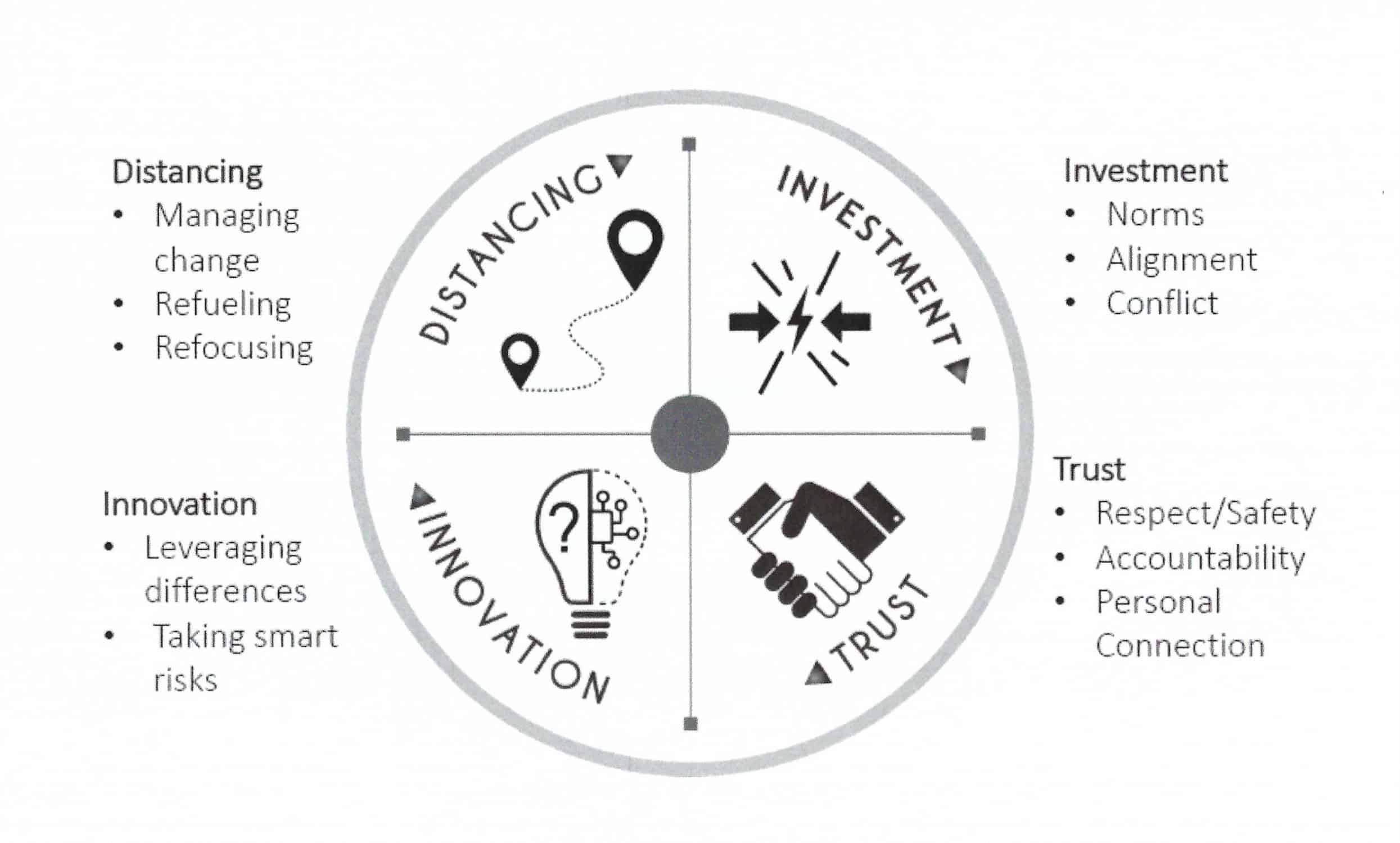We’ve seen the classic movie sequence over and over. It’s time to get the band back together for one more insurmountable challenge and the eventual hero has fallen into some version of disrepair since the last run. Teammates brush him off, sober him up and cajole him back into fighting shape. All’s well that ends well …at least in the movies.
Many of us are facing the same challenge today. The global pandemic has taken our teams off the gameboard temporarily. Some of us are waiting patiently on the sidelines for a chance to be invited back into the game. Others are seizing opportunities that only arise from a crisis like this. The difference will be indisputable when the next season begins.
Consider these 5 strategies if the state of your condition upon reentering the fray is important:
- Work out. Whether your team is in an active or dormant state, there are specific exercises you should always be practicing.
- Bend time. While the clock enables a limited quantity of waking hours, how you spend them matters.
- Distance. Step away to enable perspective. It’s hard to see opportunities during a crisis when you are standing too close. Back up and take in the big picture.
- Triage. Rethink your priorities. First things first. Secure the foundation, sustain proper maintenance and build for the future.
- Innovate. Unsolved problems are gifts of exploration and discovery. The entertainment industry does not hold the patent on creativity. Everyone has to find a way to reinvent themselves eventually.

We’re always in a stage of a predictable cycle. When we’re in the downside, energy to push renewal is scarce. It’s easier to complain than it is to generate new ideas. The downside of the cycle is meant to restore capacity. It’s the foundation of preparation. The next game begins long before the whistle blows.
